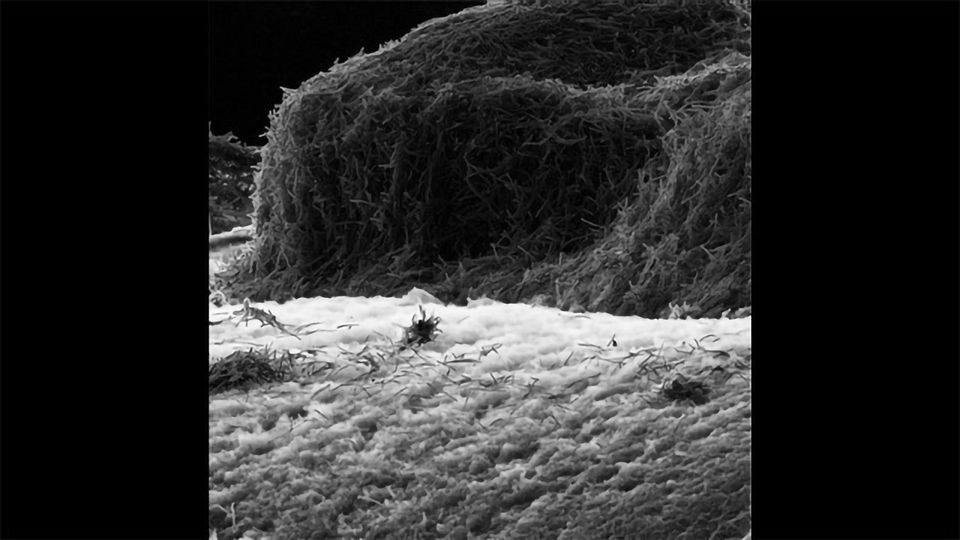Taking a Closer Look at Phage-Cell Interactions

Complete the form below to unlock access to ALL audio articles.
Mucosal surfaces protect organisms from external stressors and disease. Bacteriophages, viruses that infect bacteria, have been shown to preferentially bind to mucosal surfaces. This has been suggested to provide an extra level of immunity against bacterial infections.
Researchers at the University of Jyväskylä, Finland tested this idea using fish, phages (viruses) and a fish-infecting bacteria. Phages were confirmed to bind to the mucosal surface, staying there for days and give protection from subsequent bacterial infection. In addition, mucus increased bacterial pathogen virulence and susceptibility for phage infection, revealing new aspects for interactions of pathogens and host mucosa.
The mucosal surfaces are important for protection of tissues and homeostasis, but often targeted by disease-causing bacteria. Phages have been suggested to specifically bind to host mucosal surfaces and prevent colonization by pathogenic bacteria. In this symbiotic model phage populations are enriched in the mucus, a substrate in which encounters with their bacterial hosts are more probable, while the animal benefits from protection against invading bacteria.
Researchers at the Nanoscience Center at the University of Jyväskylä tested this idea using rainbow trout, phages (viruses) and a fish-infecting bacterium (Flavobacterium columnare). Phages were found to bind to fish mucosa, and maintain there for several days. Phages bound in mucus also protected the fish from diseases, although the pathogenic bacteria had a strong chemotaxis towards mucus, and exposure to mucosal molecules made them more virulent.
However, the mucosal environment made the bacteria more susceptible for phage infections, revealing a new aspect of the tripartite interactions between mucosal surfaces, bacteria and phages.
In conclusion, the mucosal environment influence both bacteria and phages. These interactions are important for understanding disease ecology and has significant impact in preventive phage therapy approaches.
Reference
Almeida et al. (2019) Bacteriophage Adherence to Mucus Mediates Preventive Protection against Pathogenic Bacteria. mBio. DOI: https://doi.org/10.1128/mBio.01984-19
This article has been republished from the following materials. Note: material may have been edited for length and content. For further information, please contact the cited source.

